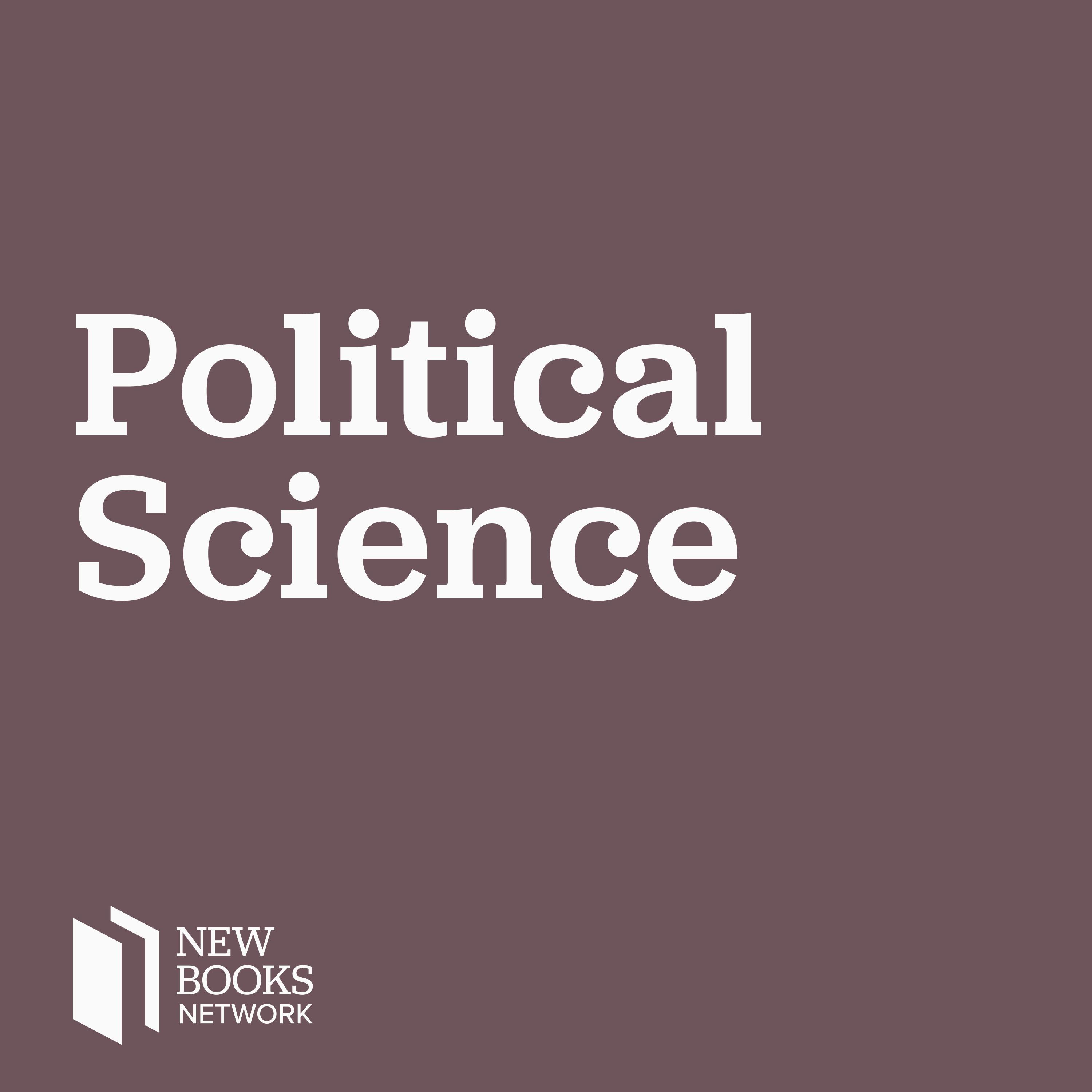
A Most Similar Comparison: The Authoritarianism of Poland and Hungary with Edit Zgut-Przybylska

New Books in Political Science
Shownotes Transcript
The leadership of Hungary and Poland seemingly shared the same playbook when it came to undermining judicial independence, consolidating electoral power, regulating media ownership and enacting laws against LGBTQ rights and abortion. They also work together to push back against the European Union's efforts to sanction member states pursuing illiberal reforms. However, since the Russian invasion of Ukraine, Poland has embraced Ukrainian refugees and promoted EU sanctions against Russia, while Hungary has taken a softer stance towards Russia, what are the prospects for these islands of illiberalism within the wider European democratic project?
This week on International Horizons. Edit Zgut-Przybylska from the Institute of Philosophy and Sociology at the Polish Academy of Sciences, and vice president of Amnesty International Hungary, shares her insights about Hungarian and Polish authoritarianism. Zgut-Przybylska presents Orban's definition of Illiberal democracy and how it is intended to disseminate an image of a decaying West. She explains how Russia’s war on Ukraine is framed differently in Poland and Hungary. Moreover, she discusses the Polish and Hungarian leadership’s efforts to portray the EU and Germany as the perpetrators of economic deterioration. Finally, she discusses how Poland and Hungary are getting around Brussels’ laws and its consequences, which include freezing EU funds.
Learn more about your ad choices. Visit megaphone.fm/adchoices)
Support our show by becoming a premium member! https://newbooksnetwork.supportingcast.fm/political-science)